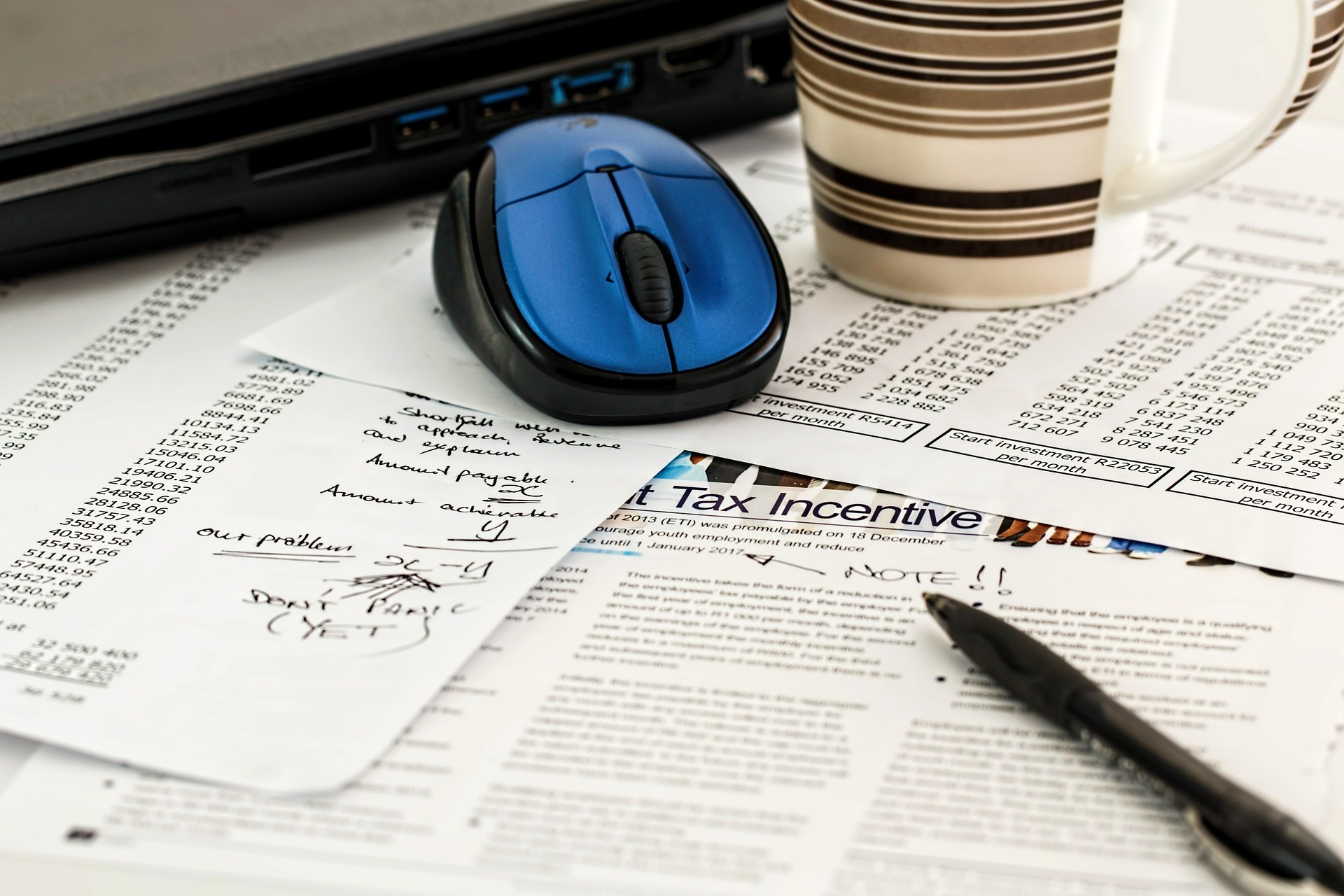Federal income tax forms are complicated. However, if you’re good with numbers — and patient — it may save you a lot of money to do your taxes yourself.
The more deductions you have on your federal income tax return, the better chance you’ll get cash back from the government.
The more exemptions you have, the less your taxable income. This will mean that you could easily save yourself a few hundred dollars or more in federal returns.
If you want to begin doing your taxes yourself, the tips listed below should help.
1. Know the deadline for tax filing.
First, you have to meet the necessary deadlines for filing. The deadline is April 15th every year.
If the 15th falls on a weekend or holiday, the filing deadline will be extended to the next business day.
If you can’t file your return by the deadline, you probably still have some time to comply. However, if you owe money, the penalties and interest can really add up.
2. Decide early on if you’ll need assistance.
You may feel that you’re not up to doing your taxes on your own. In that case, hire a professional or get help from an online tax preparation company. These services could even help you prepare pay stubs for employees alongside a paystub generator. Tax software is designed to help you file your taxes easily.
You can also meet with a consultant who has expertise in filing income tax returns for individuals. The most significant advantage of hiring a professional is that they will have the right tools and knowledge to prepare your forms. Assuming a suitable level of expertise, nothing gets left out.
3. Decide which deductions suit you best.
There are plenty of deductions you can take when filing your income tax return. Some of these you can’t afford to miss, particularly if you own a small business.
The most common deductions are for dependents and homeownership.
However, there are also many other options for write-offs that you might want to explore before filing your returns. These include medical expenses, insurance premiums, IRA contributions, charitable donations, and a whole lot more.
Whatever you choose, make sure that deducting them is allowed and that the documents needed to support the deduction are included in your filing.
4. Gather all necessary documentation.
Documentation is critical when filing your taxes. You’ll need proof for all the things you’re claiming, including proof of your income, deductions, etc. Keep photocopies of tax returns for the past three years.
Make sure to gather proof of donations, alimony payments, and anything else you are claiming as a deduction or exemption. Accounting documents, bills, receipts, and statements of the last year will also be required.
5. File on time…or ahead of time if possible.
You must file your tax returns on time. If you’re filing the return yourself, submit it prior to the deadline. That way, no late penalties will be assessed.
Remember that a late payment can cost more than a few hundred dollars in fines and fees accumulating interest.
Failure to file taxes on time will cause serious issues with the IRS. Once you’ve filed your taxes, you might expect to receive a tax refund.
Decide in advance what the best use of that money will be. You can spend this on many things, but set aside a good chunk for paying down debt. You might also use it for paying your bills, especially if you’ve acquired unplanned financial burdens.
6. Being patient is important when doing your taxes yourself.
No matter how detailed or thorough you think your planning is for filing taxes, you could always get stuck with a question that you won’t know how to answer. In cases like this, it’s best to take a break and go back to it later.
Being patient and getting all the facts straight is very important when filing. Keep in mind that you can always ask for help if you feel that you can’t complete tax filings independently.
Filing your taxes isn’t that complicated if you’re equipped with the correct information.
If you feel that you want to take advantage of deductions, exemptions, and credits, there are lots of ways for you to do it. It’s all about being backed by the right tools, knowledge, and enough patience to complete all filings on time.













